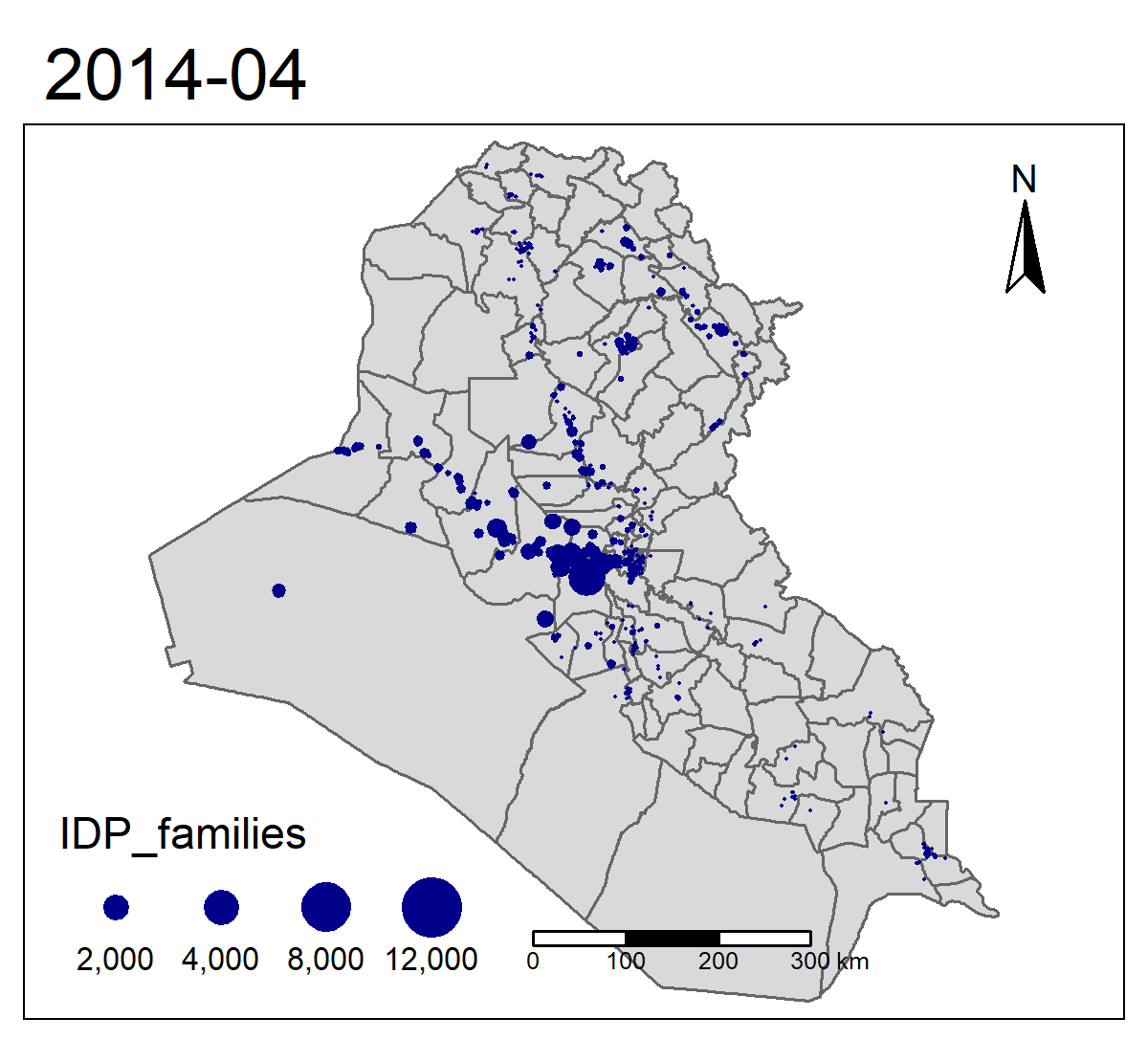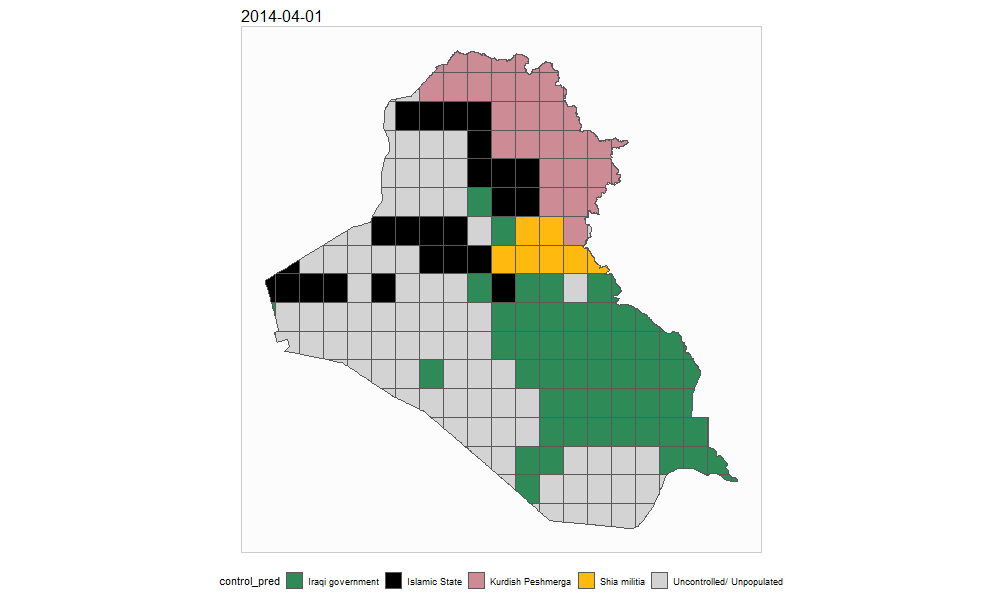Dissertation Research

As of the end of 2018, more than 41.3 million persons were displaced due to conflict and violence within their war-torn countries (IDMC, 2019). These internally displaced persons (IDPs) are frequently unable to find safe shelters because they get caught up in cycles of repeated displacement and attacks. Why do conflict dynamics expand into peaceful regions that used to provide protection to fleeing civilians? What forces people to resettle multiple times during civil wars? How can we understand the violent dynamics that rapid and large-scale population movements incite during conflicts?
In response to this puzzle, my PhD project addresses the research questions of why population movements during civil wars spread violence within a country and how armed actors respond to population movements in their territories. Understanding why population movements lead to violent responses by the government and insurgencies may help to explain why displaced individuals seem to find no safe place. My research mirrors studies on conflict contagion through forced migration on a local level.
I argue that displacement changes the local balance of control between territorial rulers and challengers that aim to maximise their level of control and minimise risks of losing control. Local rulers govern more violently if displaced persons from opposing loyalty groups move into their territory. Territorial challengers have incentives to spoil local governance by harming civilians if incoming supporters reinforce a local governor’s control.
To test this theoretical argument, I conduct a spatial regression analysis of displacement and one-sided violence in the 2014-2018 displacement crisis in Iraq on a grid-cell level. I find that IDP destinations in Iraq were more likely to experience civilian victimisation. Territorial rulers respond with violence to IDPs that do not support their rule. In contrast, territorial challengers attack locations to which many supporters of the territorial ruler flee.
My theoretical perspective on cycles of local violence and forced displacement addresses gaps in the conflict contagion and civilian victimisation literature by conceptualising that actors engage in a balancing behaviour of securing own control and spoiling belligerents’ territorial rule when they face dynamic populations. Beyond this theoretical contribution, my disaggregated empirical research design provides a unique analysis of violent dynamics in Iraq as a crucial case to understand variation in civilian victimisation across time and space.

Article: Weber, Sigrid. “Controlling a Moving World: Territorial Control, Displacement and the Spread of Civilian Targeting in Iraq”. 2024. Journal of Peace Research. Article